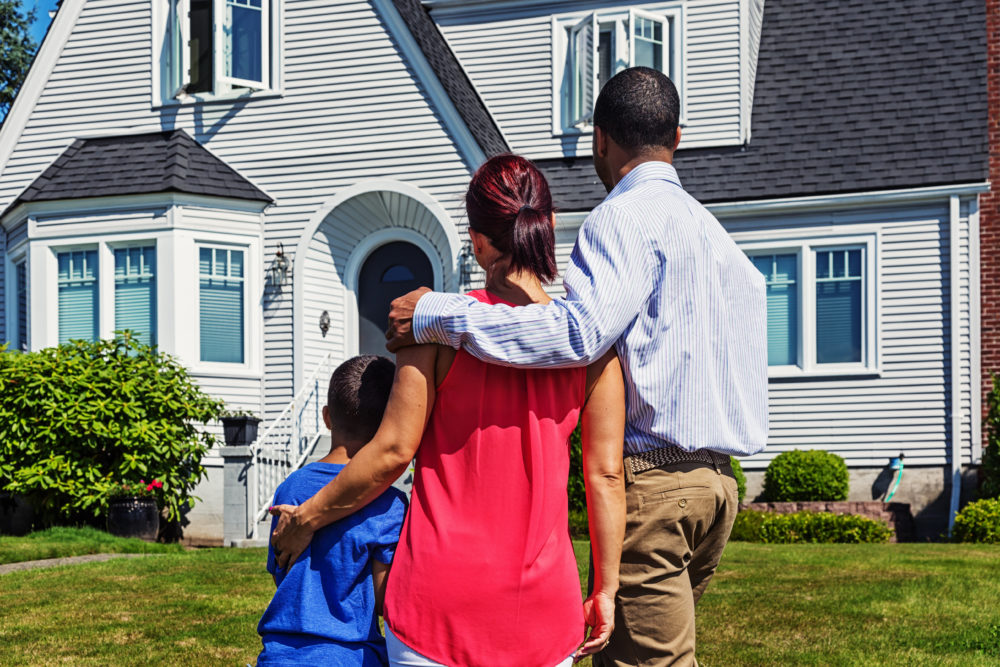[ad_1]
The Fair Housing Act of 1968—legislation designed to prevent discrimination and provide access to housing for all—was enacted over 50 years ago. Yet, buying a home continues to be out of reach for African Americans, according to a new survey.
NeighborWorks America, a nonprofit organization headquartered in Washington, D.C., is on a mission to help more people live in affordable homes by working with affiliate nonprofits to provide housing education. Their recent survey reveals that 70% of U.S. adults say the homebuying process is complicated and out of reach.
“It’s a lot to understand the responsibilities of homeownership,” says Karen Hoskins, acting vice president of National Homeownership Programs and Lending at NeighborWorks America. “For example, what’s the best mortgage product to buy the home that you are interested in? There’s a lot of information.“
The Barriers to Entry for African American Homeownership
But other financial experts believe the difficulty of homeownership is largely exaggerated and creates a barrier to entry for many African Americans. “The how-to steps and myths of how hard homeownership is to obtain have scared many homeowners away,” says Jeff Wilson II, author of The Lies our Parents Were Sold and Told Us and principal at The W2 Group accounting firm.
“The 20% down payment myth lives on and discourages African Americans from following through on the homebuyers’ process,” he says.
The NeighborhoodWorks America national survey gathered responses from 1,000 adults 18 and over. The survey results confirmed the need for more education about the housing process and financial management.
“I believe the addition of community programs that educate possible homeowners about the process is mandatory to provide access for all,” says Wilson. “It’s also important for prospective homeowners to seek the assistance and insights of a financial coach to ensure they have a plan in place to pay for housing expenses beyond the down payment. New homeowners without the proper knowledge or coach may find themselves struggling to stay financially afloat.”
One out of 5 black people said their most important financial goal for 2019 is to pay bills and everyday expenses, according to the survey. The idea of financial planning classes to help improve a person’s financial situation appealed to 46% of survey participants.
Hoskins notes that part of the conversation needs to focus on a person’s ability to purchase a home right now. “You have to look at the individuals’ life circumstances and what their needs are when it relates to housing. Having sufficient savings and funds in reserve is important.”
The Consequences of Debt
Unfortunately, debt continues to decrease the savings rate and create barriers for many African Americans who seek to participate in the homeownership process. “Student loan debt and credit card debt are the front-runners that present a challenge for some consumers to be able to qualify for a mortgage,” says Hoskins. “In some cases, the credit card debt is part of the student loan debt because credit cards may have been used to purchase books or other supplies needed for education.”
What’s the solution to overcoming barriers to homeownership? Having access to education and the right information are key. Working with a housing counselor or financial coach can help you navigate one of the biggest financial decisions you will make in your lifetime.
“There is a myth that you need a 20% down payment to purchase a home. There are mortgage programs where the down payment requirements are much less. Consumers may not be aware of this. That’s a benefit of connecting with a housing counselor,” says Hoskins.
Black Enterprise Contributors Network
[ad_2]
Source link

